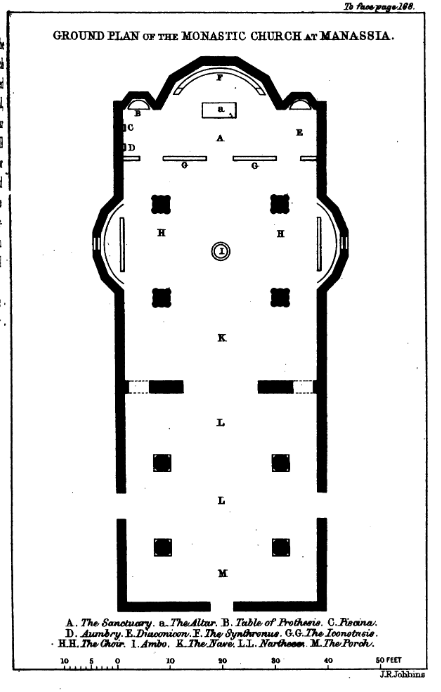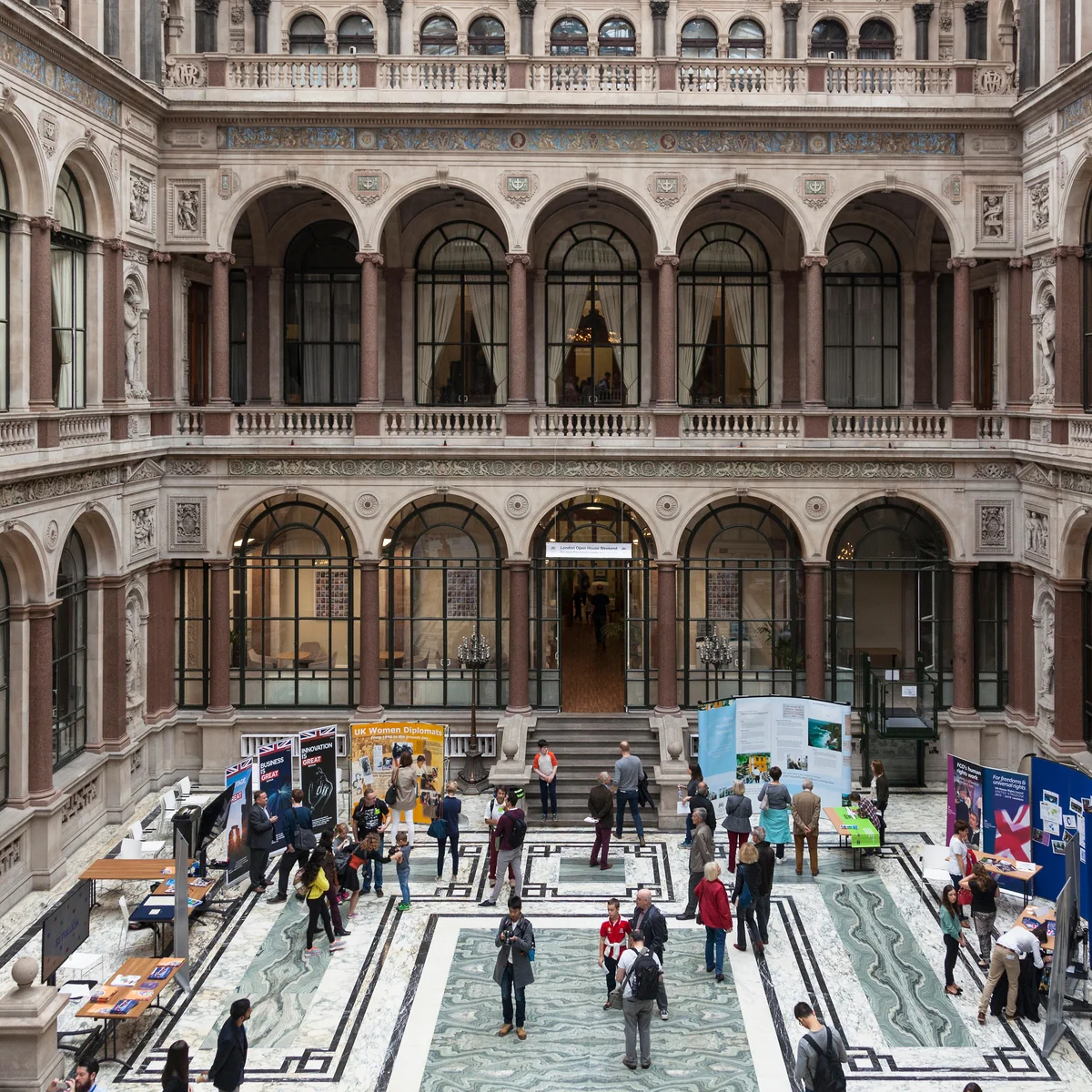Cetinje, 5. October 1847.
Vladika1 of Montenegro greets Osman-paşa Skopljak, vizier of Skadar.
I have received your letter dated February 17, in which you amusingly touch on some matters. First, you suggest that we cleanse our hearts and then make every effort for harmony along our borders. My heart has always been pure and clean for people, but when dealing with inhumans, one is forced to comport oneself in an inhumane way, as there is no other choice, even if one wished for it. As for your boasting about having friends who tell you my intentions, it’s good if you have them, but don’t reveal them to me, so they won’t suffer from me. You can tell such things to those who view the world through a čibuk, not to me. My intentions are public and pure; whoever is good, let them live peacefully with me in the neighborhood.
You claim that I am always seeking something, but what would I seek and with whom would I seek it? When Bayezid (Ilberim by name) conquered Bosnia and when the wild Asian2 hordes destroyed our small but heroic empire, my ancestors and some chosen families, who did not perish at the hands of the Turks, left their homeland and took refuge in these mountains. I am an exile, an orphan. Imagine where my glorious and famous brothers, the princes and vojvodas3 of our kingdom, might be. Where is Crnojević (Bušatlija), where is Obrenknežević (Mahmutbegović)? Where is Kulinović? Where is Skopljak? Where is Vidajić? Where is Filipović? Where is Gradičević? Where is Stočević? Where is Ljubović? Where is Čengić? And where are many others? Where are the gentlemen and the finest of our people, so that we could jointly seek our glory and homeland; if we were as one, then I would search for something great together with them.4
Only God knows when they will remember their glory and until when my brothers will alienate themselves from their own brothers, calling themselves Asians and working for the benefit of others, forgetting themselves and their own! Ever since that unfortunate day when the Asian broke apart our empire, with whom are these handfuls of highlanders fight for the general decency and the name of our nation? All with their own Turkified brothers. Brother fights brother, brother slays brother, and the ruins of our kingdom are steeped in our blood. Here is our common misfortune!
This brotherly misfortune and enmity made it more than any foreign might that our heroic tribe has become coolies to foreigners, just like you are a foreign coolie. This ruin has almost drowned and impoverished unfortunate Montenegro, but also made it honest. This has made Montenegro today and will forever make it a jewel in the crown of chivalry. I would love nothing more in the world than to see unity among brothers who share the same blood, were nurtured by the same milk, and cradled by the same crib. As for myself and this handful of people, I do not desire honor as we already have it before the greater and wiser peoples, but something else is desired, as food tastes of blood and honesty is naked. I would be glad if I had been born a little later, for I would see my brothers remembering themselves and their own, openly declaring themselves as worthy descendants of our nation’s ancient knights before the world. When this holy word is spoken, blessed be our whole tribe, then the name of Montenegro will be honoured like a sacred talisman (inheritance) and carried proudly by Bosnian and other Serbian knights.
I hear that you call Montenegrins “hajduks.” That name is by no means shameful. Hajduk means cavalier (Ritter). For example, these hajduks are knights: Marko Kraljević, Relja Omucević, Đerzelez Alija, Tale Orašanin, Skenderbeg, Stojan Janković, Ilija Smiljanić, Bajo Pivljanin, vojvoda Draško Popović, vojvoda Vuk Mićunović, Nikac Tomanović, Crnac Karamahmut, Karađorđe, vojvoda Veljko Petrović. These are just some of our people who are no longer alive today, and these three are still alive: Abdelkader, Shamil, and our vojvoda Mića Morački.
It is true that some Montenegrins are murderers, robbers, and kidnappers, but they were driven by unrestrained and wild Turkish violence, even heroic misfortune. Consider, my dear compatriot, so many people compressed in these mountains, almost closed in from every side. In fruitful years, one can get by reasonably well, but in years like the last one, a waking nightmare becomes of them. Last year, I moved away for a few months to Vienna and Venetians specifically so that I would not witness this suffering with my own eyes, but secondly, I am compassionate, and I would give away everything I have, even though little is left. When you speak to me as my brother Bosniak,5 I am your brother, your friend, but when you speak like a foreigner, like an Asian, as an enemy of our tribe and name, it is repulsive to me, and it would be repulsive to anyone with noble thoughts. I know you will say when you see this letter of mine, “What is this man scribbling and dreaming about?” But I hope our descendants, whenever it happens, will give due respect to the vladika’s affectionate thoughts and letters, on whom today everyone shouts as if he were a white crow.
Vladika PETAR PETROVIĆ NJEGOŠ
Translated by Books of Jeremiah
- Tran. note: Slavic title for bishop-rank ecclesiarchs. ↩︎
- Tran. note: as the Turks came from Asia Minor to the Balkans, they were referred to as “Asians” ↩︎
- Tran. note: “vojvoda” is a nobility or military leadership rank. In the case of nobility, the equivalent would be a duke, while in the military the leadership rank changed over time, but is generally considered high ↩︎
- Tran. note: the family names that Njegoš lists here are all of Serbian nobility who converted to Islam, with the new last names in brackets for those who changed them. At the time of publication (2023), the last direct-line male descendant of the Bušatlija family, Mahmut Bušatlija, has changed his name to the name of his ancestor, Stanko Crnojević, before his conversion to Islam ↩︎
- Tran. note: in this time period, the term “Bosniak” meant someone living in Bosnia administrative unit of the Ottoman Empire and was a geographical term that was applied to both Muslims and Christians. ↩︎



